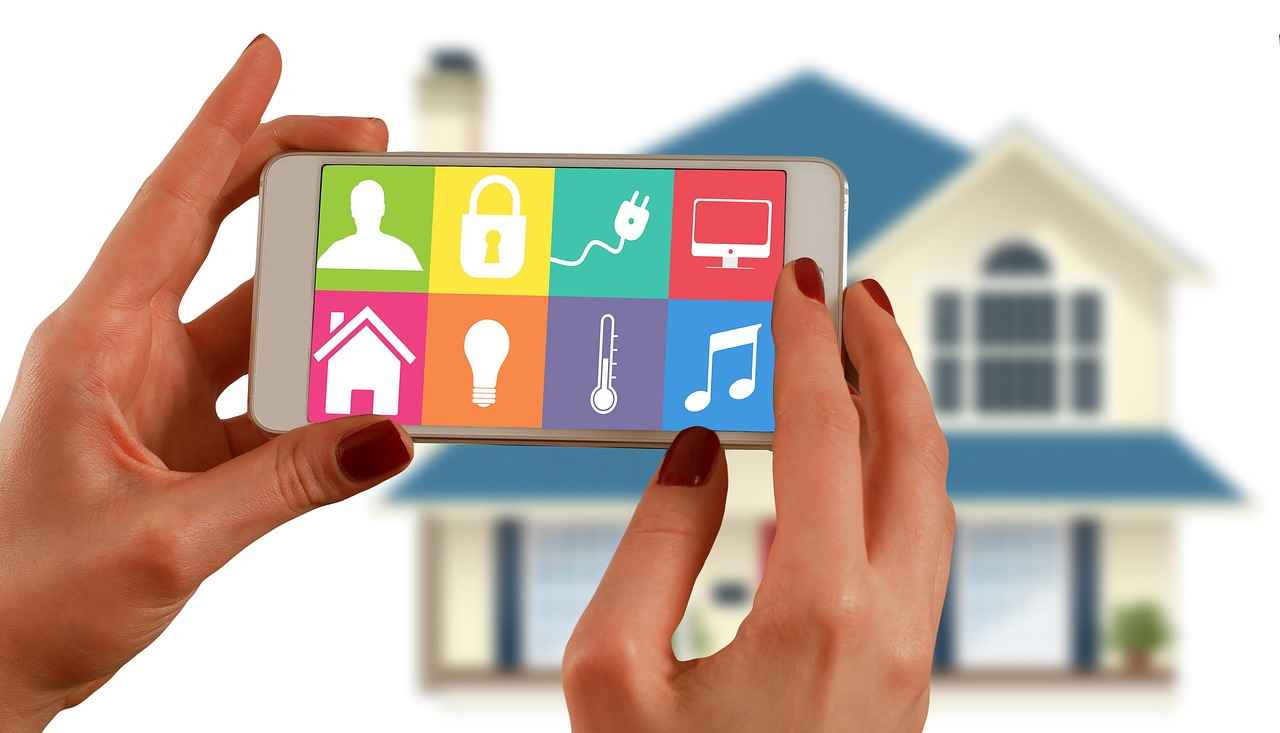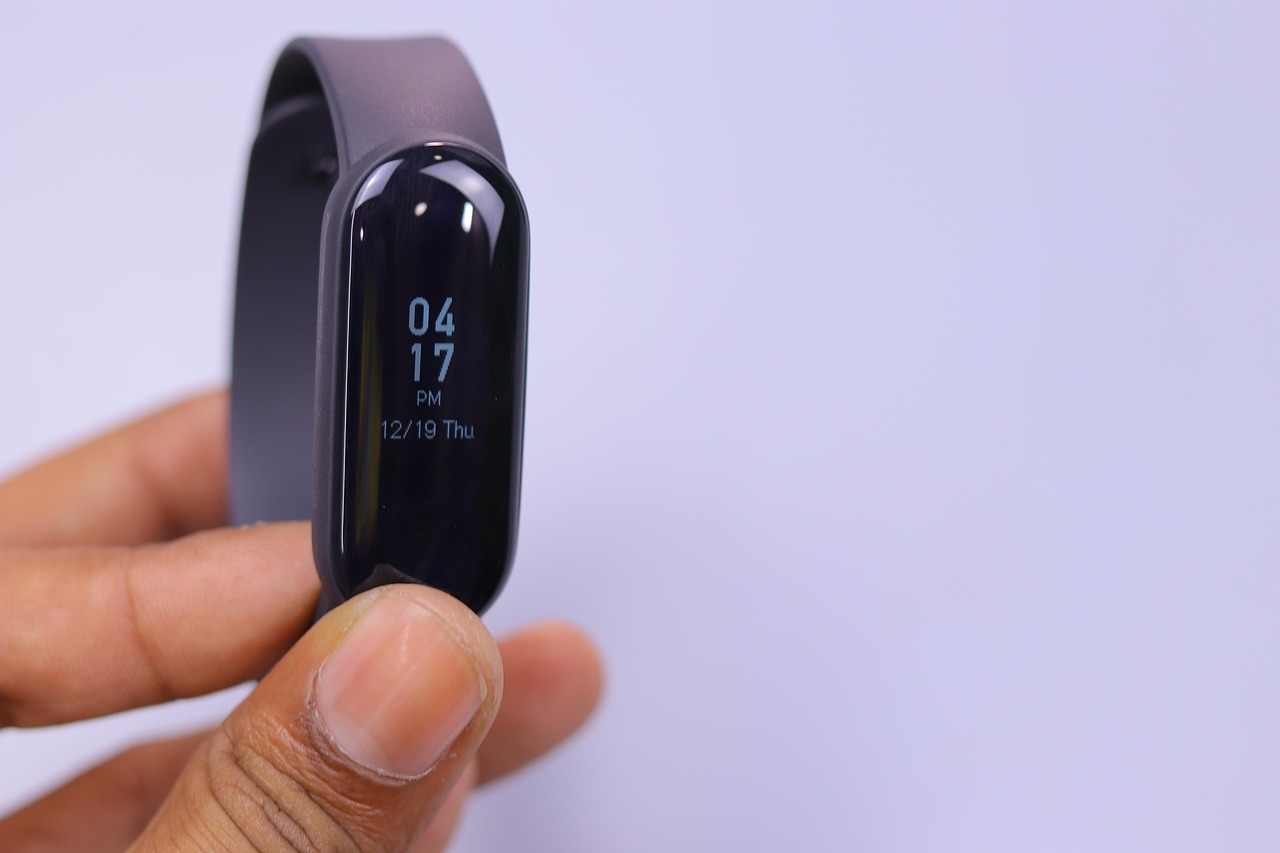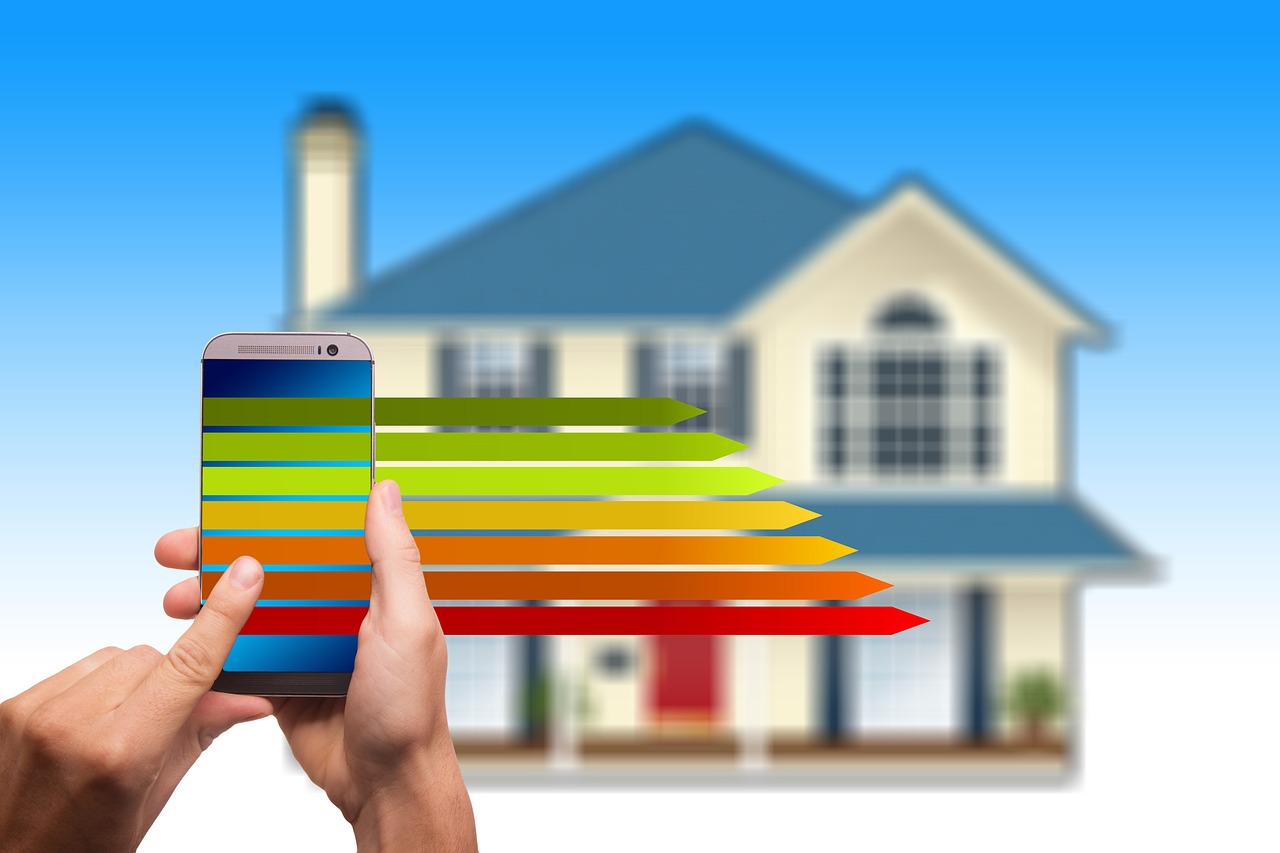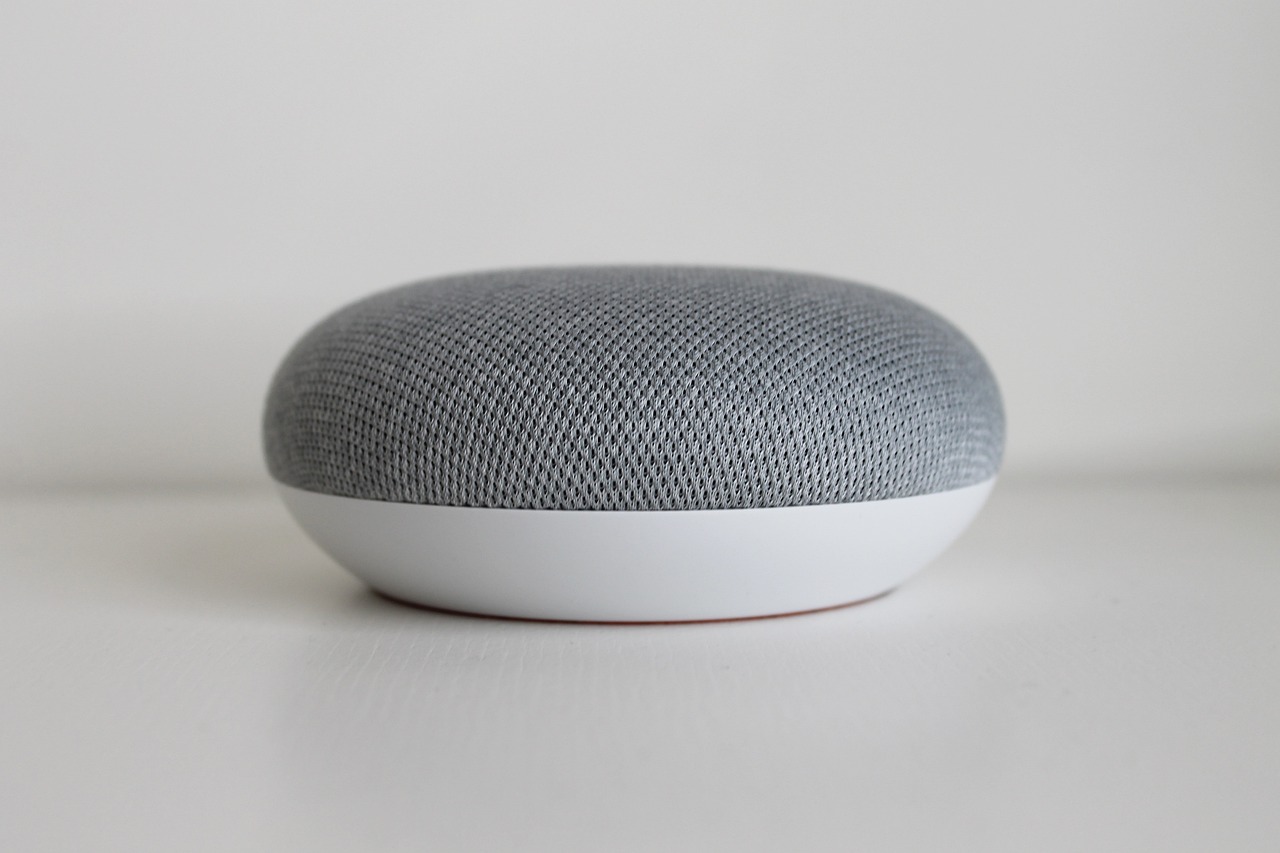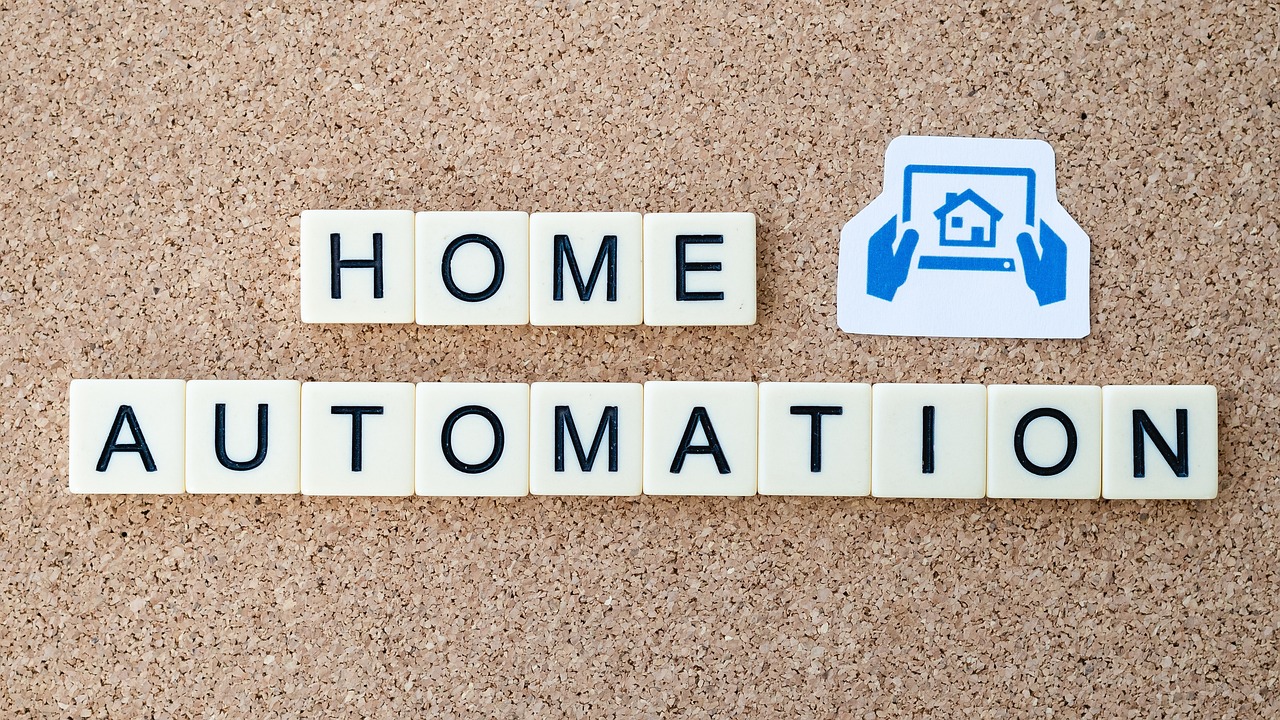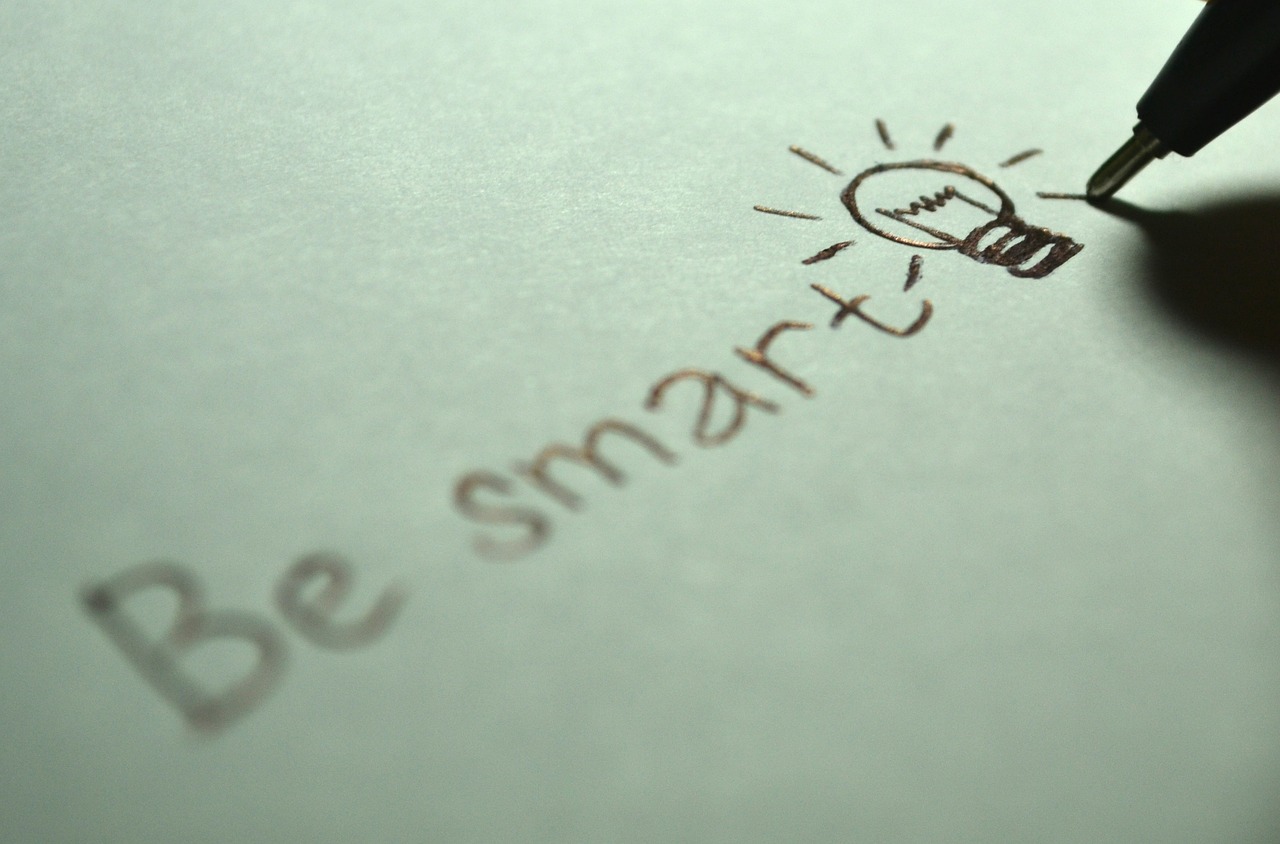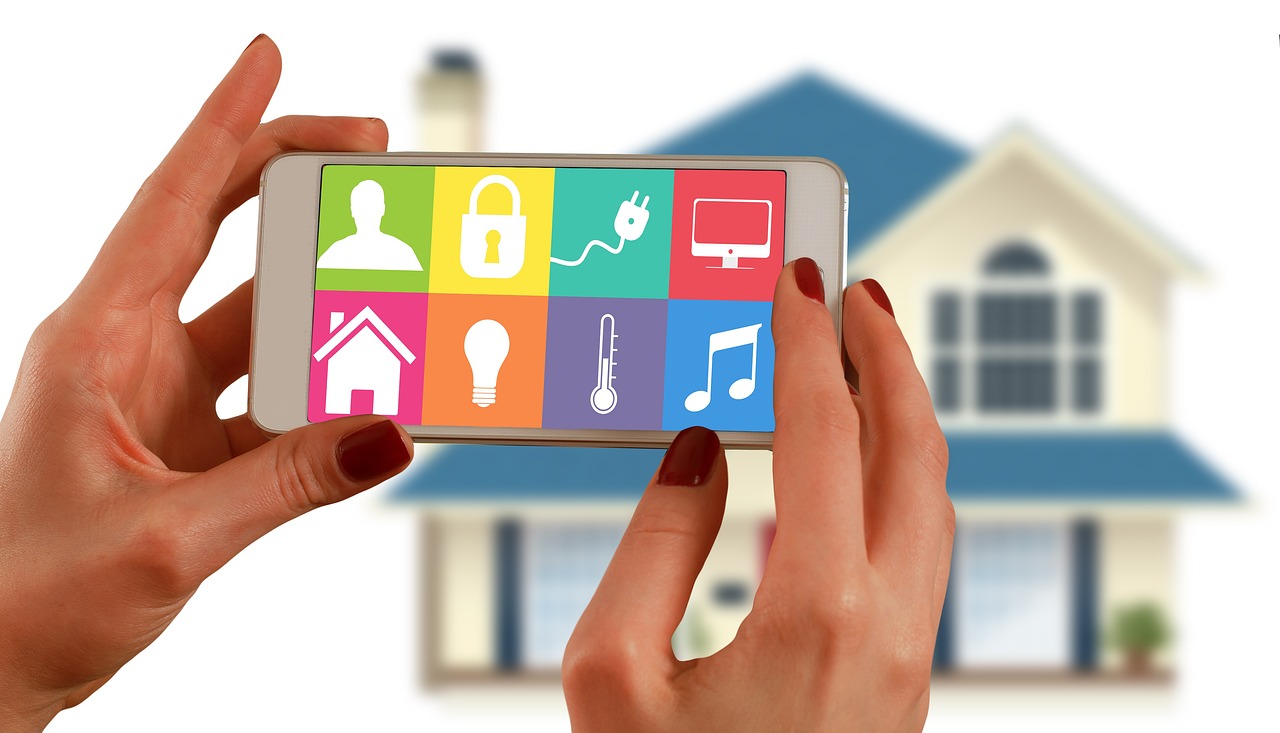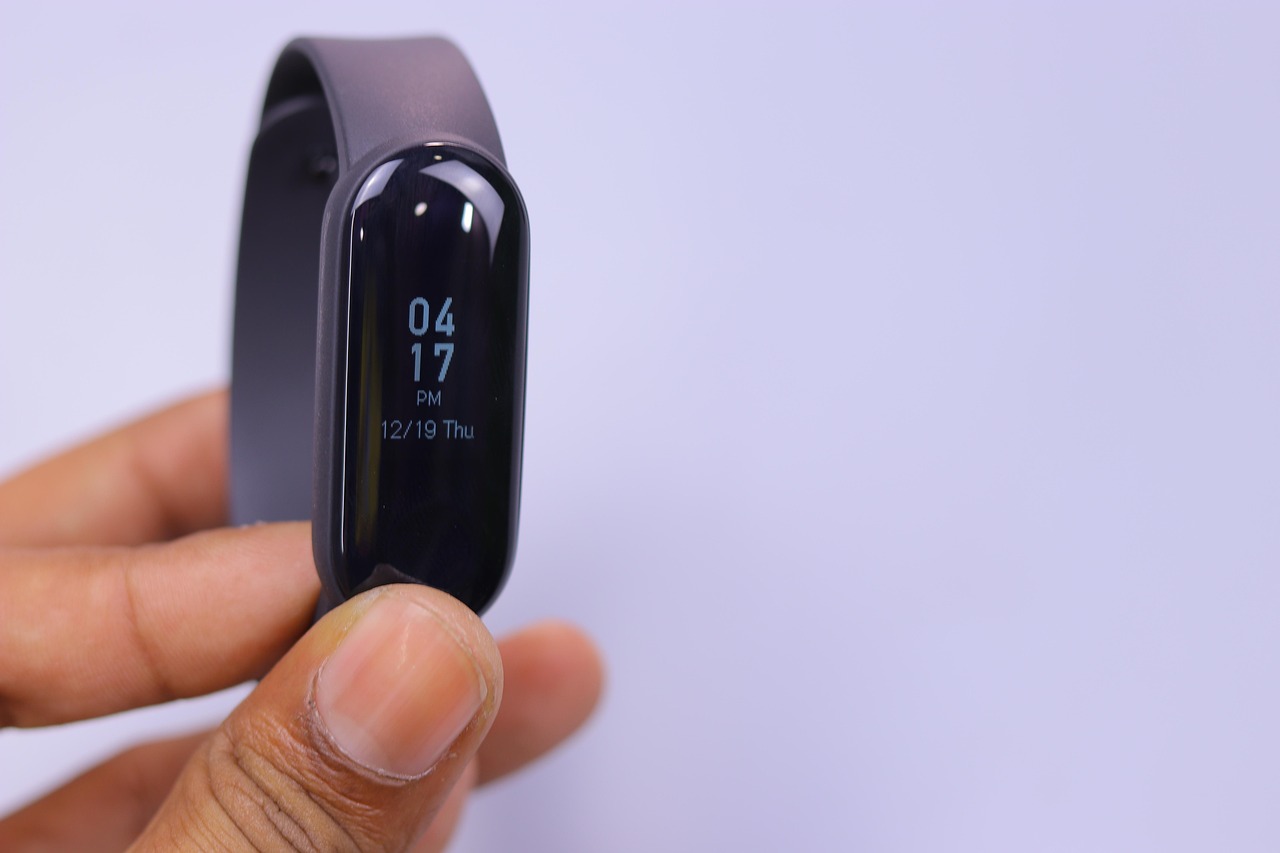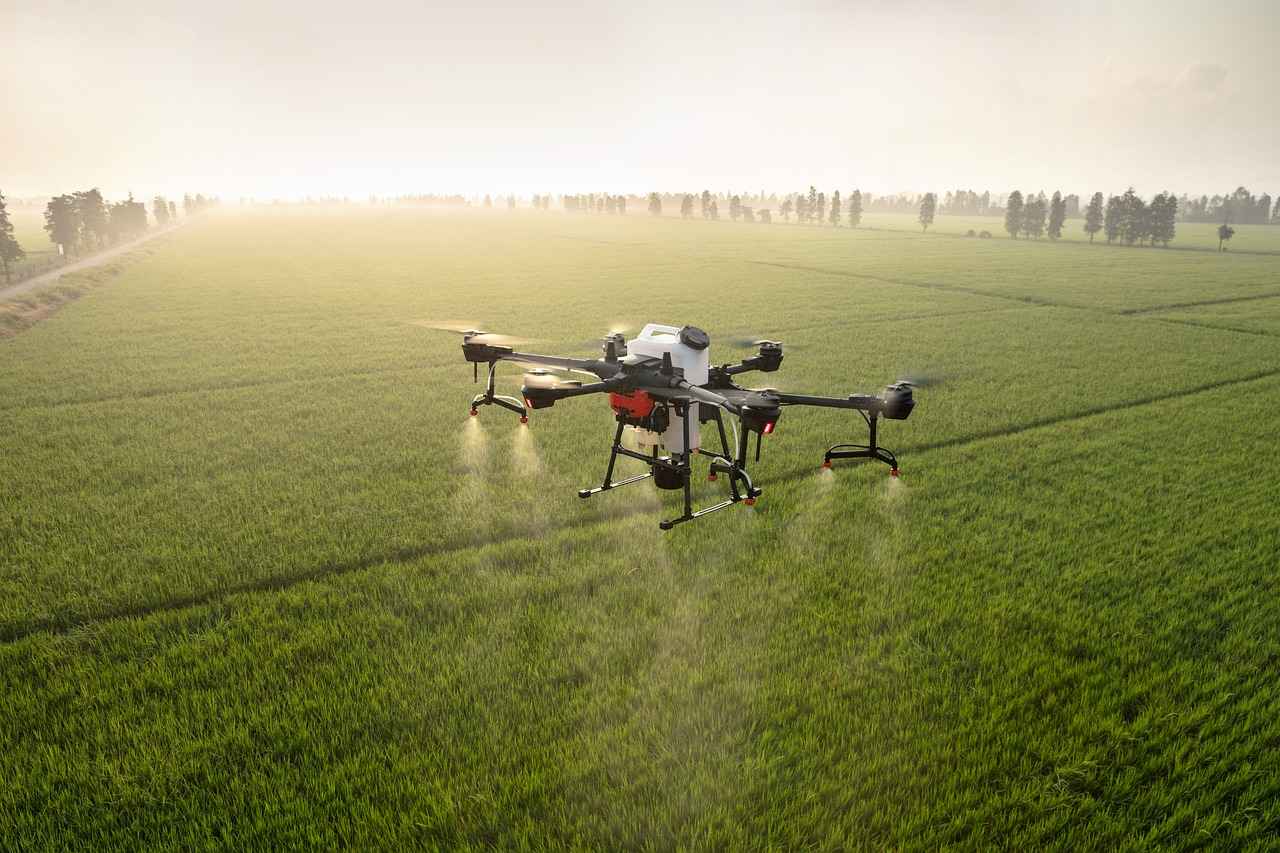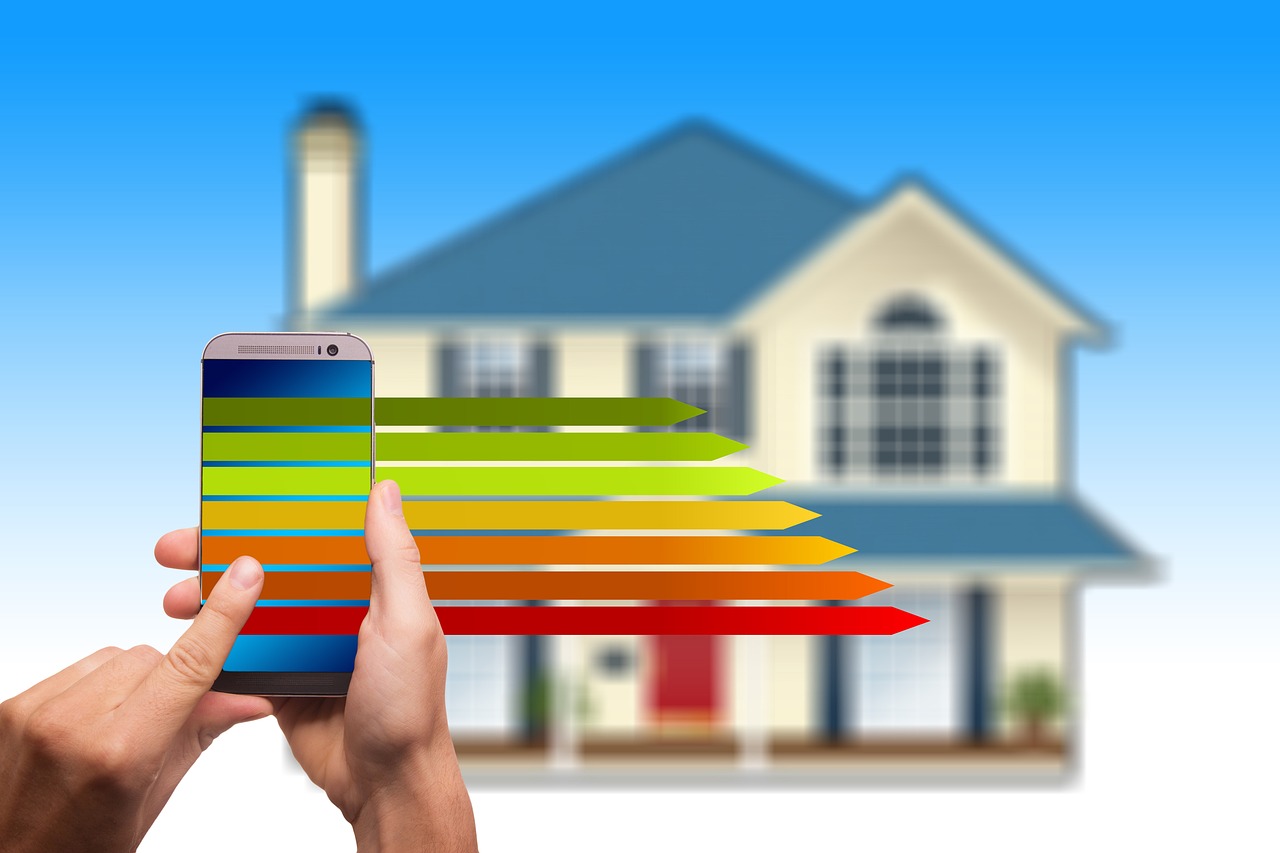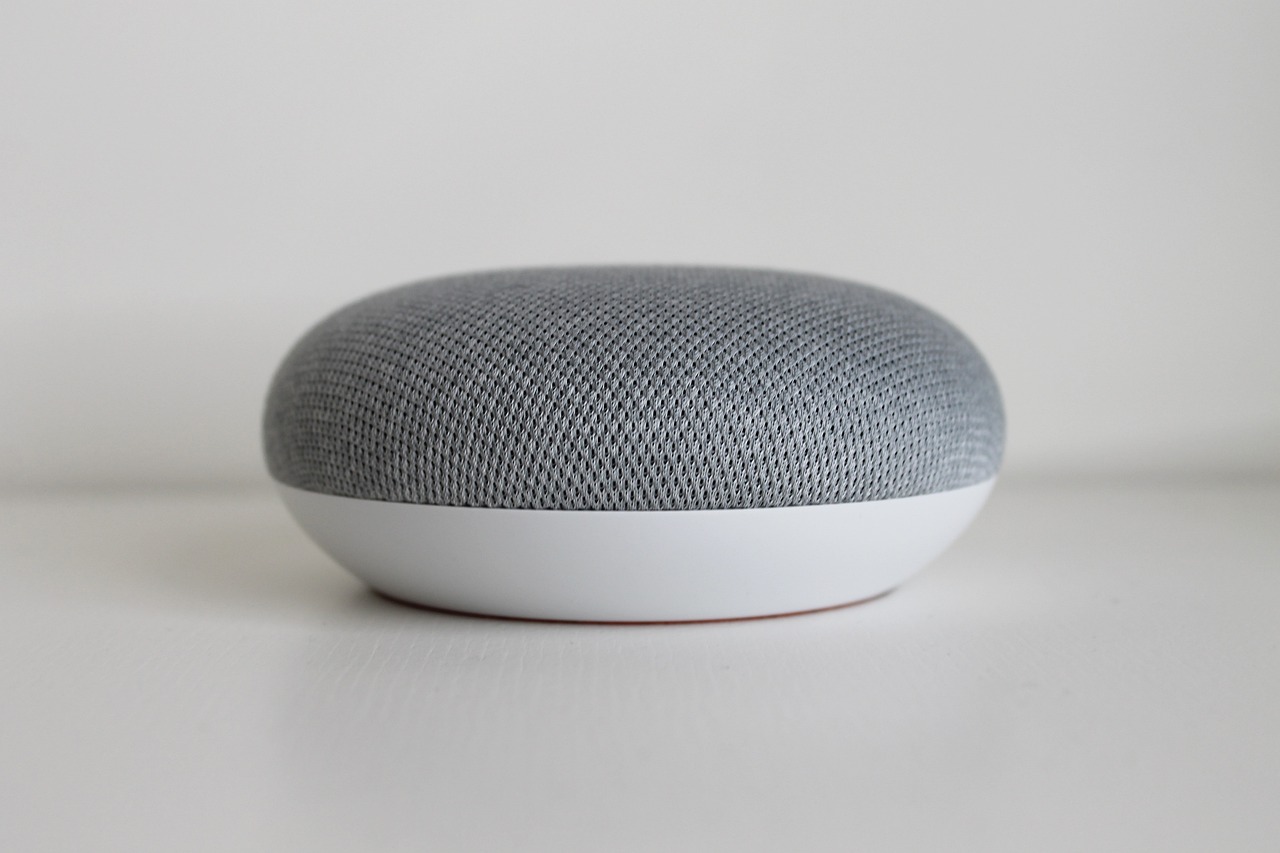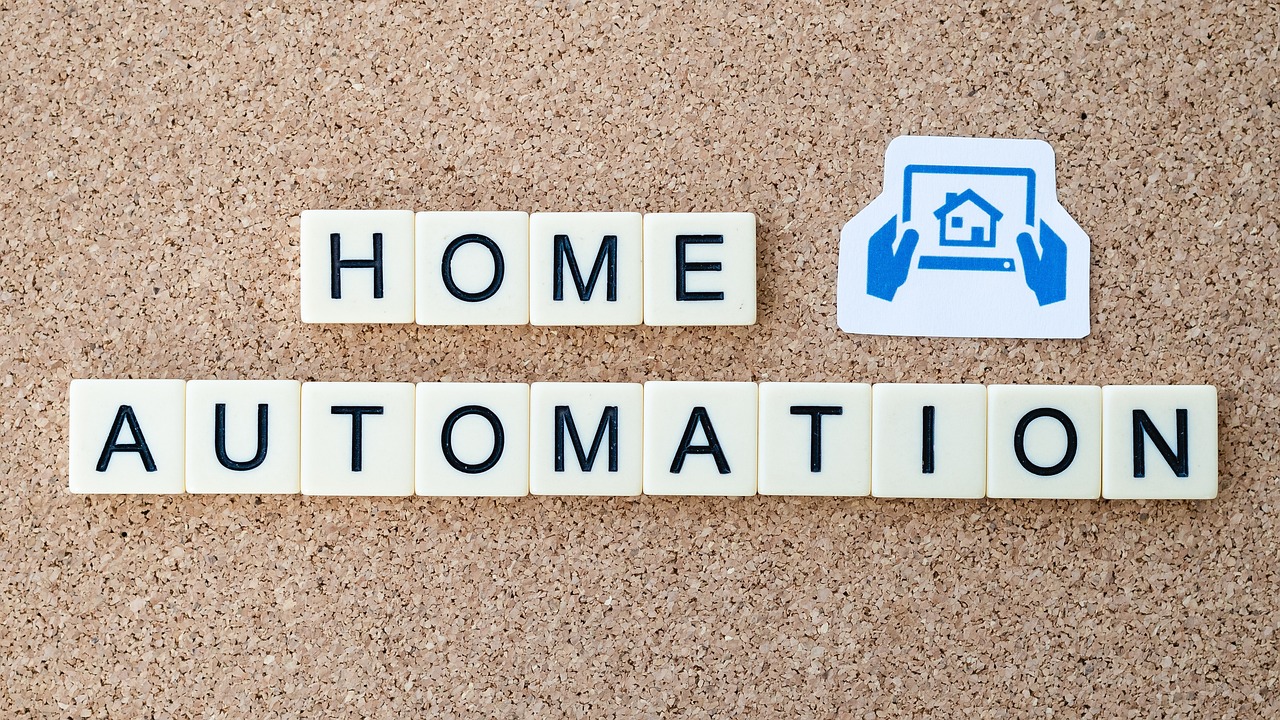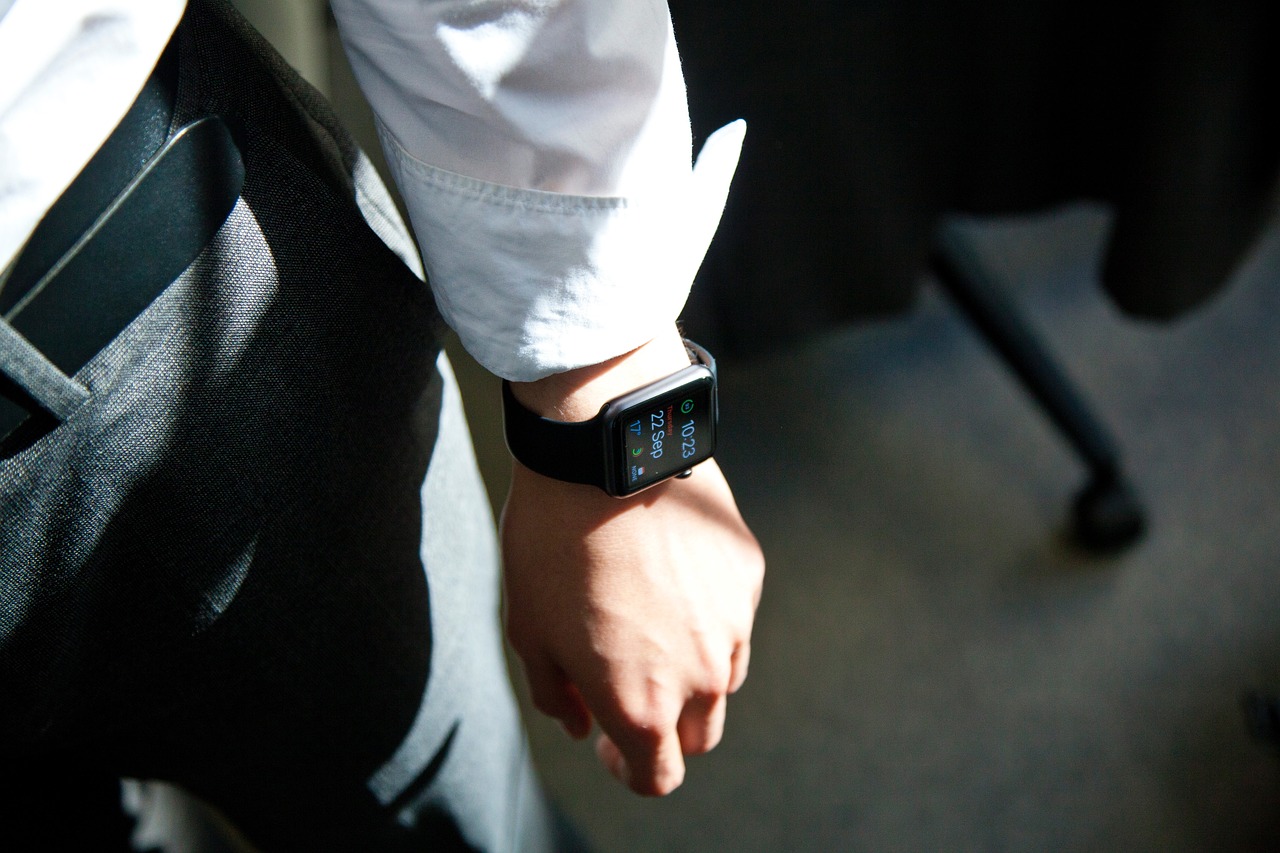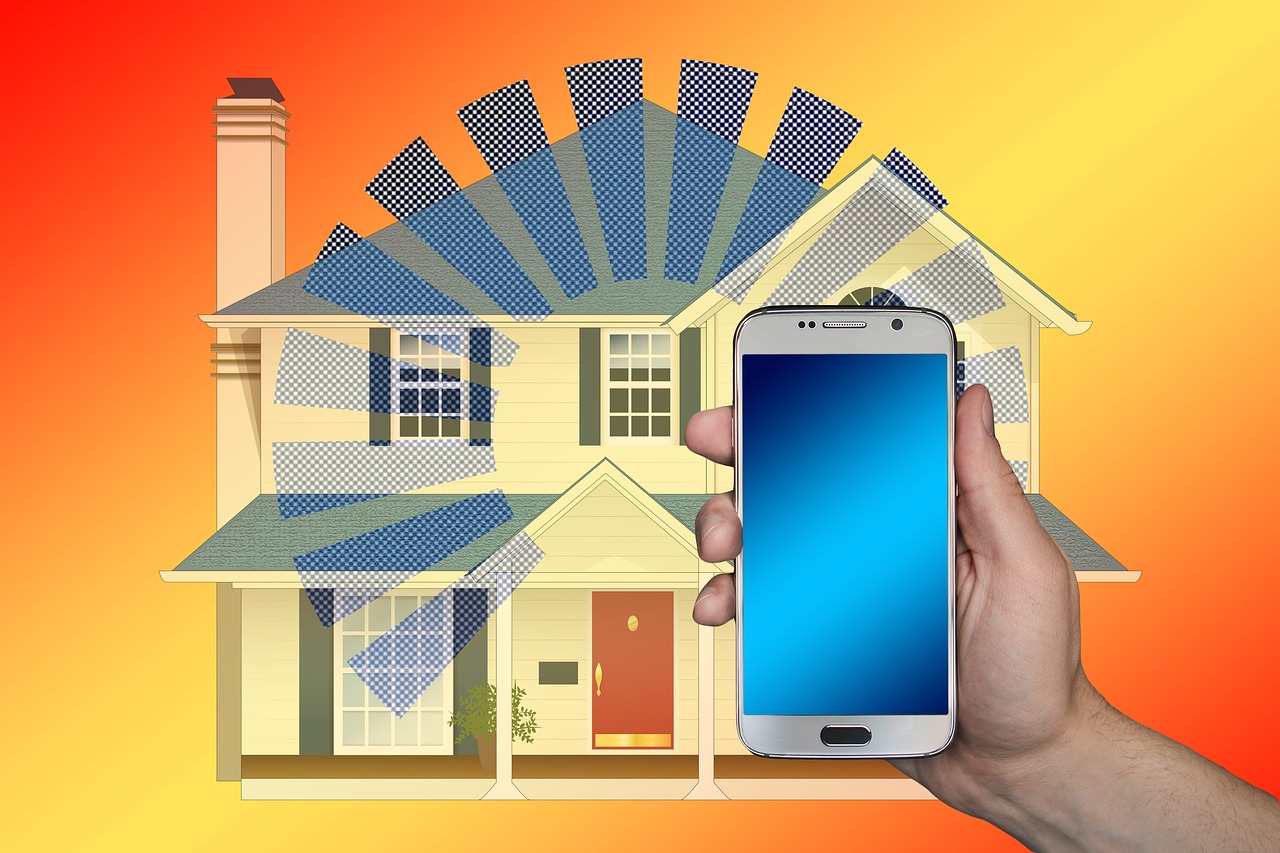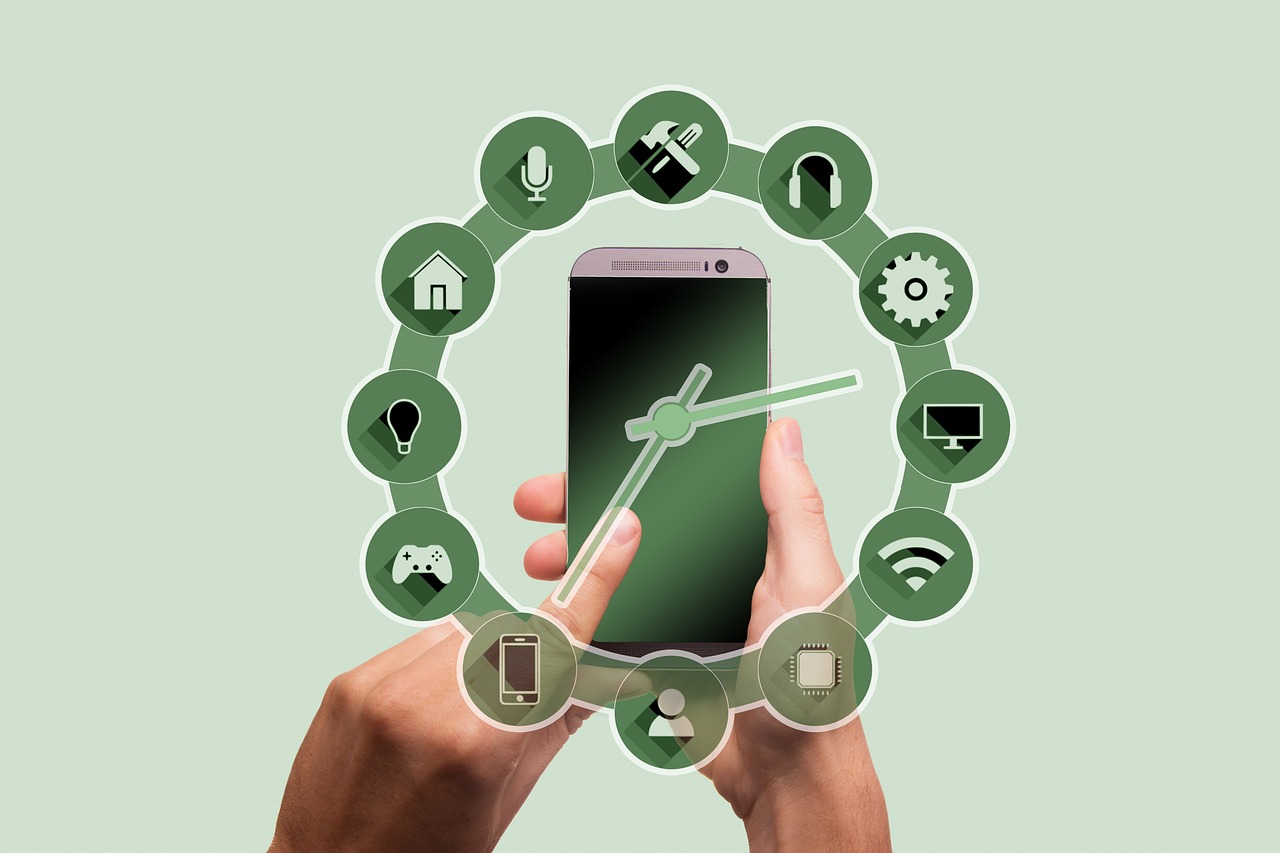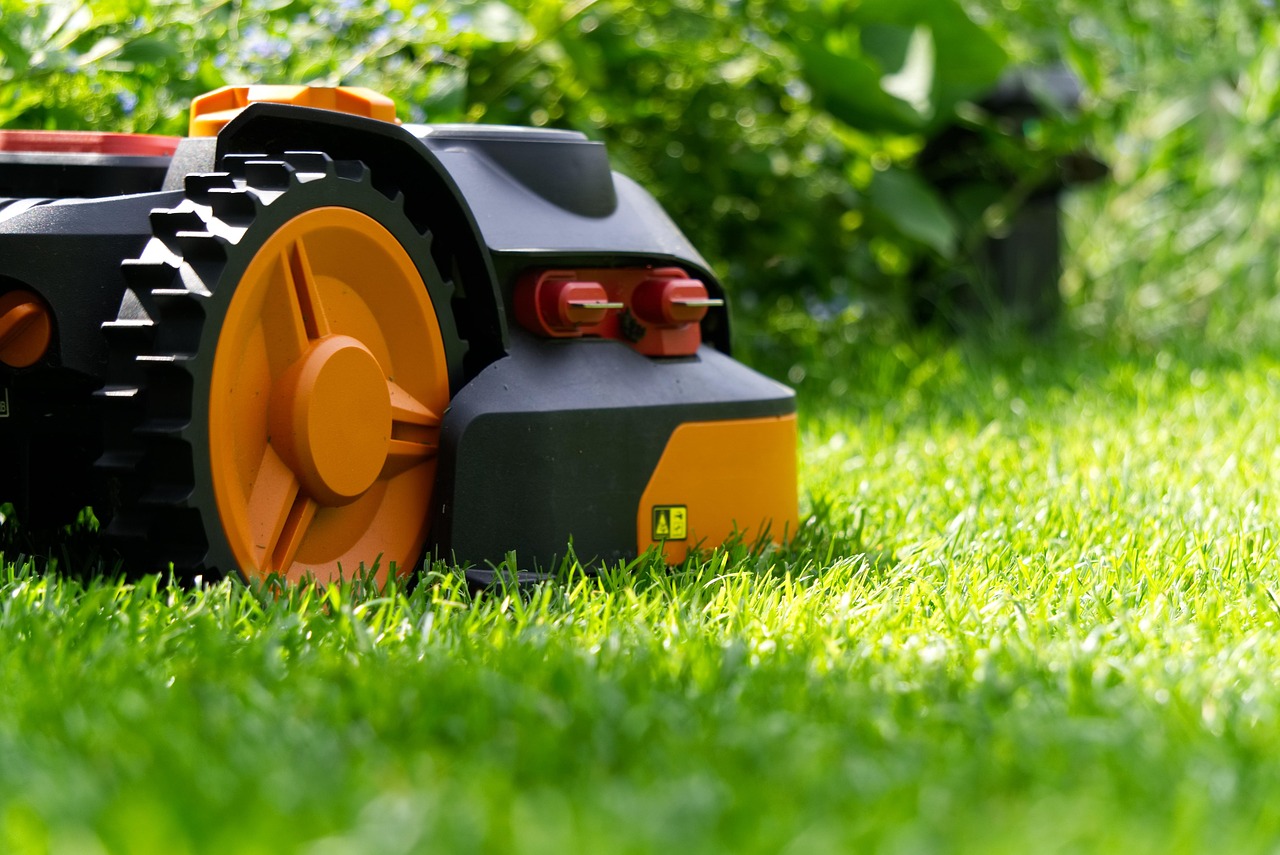This article delves into the best smart devices for your home in 2025, providing an in-depth look at their features, benefits, and how they can significantly enhance your living experience.
With the rapid advancement of technology, smart devices have become essential components of modern homes. They not only improve convenience but also promote energy efficiency and security. Below, we explore various categories of smart devices that are making waves in 2025.
- Smart Speakers: Acting as the central hub for home automation, smart speakers allow users to control various devices through voice commands. They are compatible with numerous applications and provide a seamless user experience.
- Smart Thermostats: These devices optimize your home’s temperature while reducing energy consumption. With features like scheduling and remote access, they help maintain a comfortable environment efficiently.
- Smart Lighting: Control the ambiance of your home with smart lighting systems. These allow for customizable lighting options that can be adjusted remotely or set on schedules.
- Smart Security Systems: Enhance your home’s safety with advanced security systems that include cameras, alarms, and motion detectors, all manageable through your smartphone.
- Smart Appliances: From refrigerators that track your groceries to washing machines that can be programmed remotely, smart appliances are revolutionizing household management.
- Smart TVs: Offering integrated streaming services and smart home controls, these TVs provide a comprehensive entertainment experience.
- Smart Plugs: These devices allow you to control any plugged-in appliance remotely, making it easy to manage your home’s energy use.
- Smart Home Hubs: These hubs connect all your smart devices, allowing for streamlined communication and control from a single interface.
- Smart Locks: Keyless entry systems enhance security while providing convenience, allowing you to manage access to your home easily.
- Smart Cameras: Keep an eye on your property with smart cameras that offer remote monitoring capabilities.
- Smart Home Assistants: These virtual companions help you manage tasks, control devices, and provide information at your command.
- The Future of Smart Homes: As technology evolves, so do smart home devices. Stay updated on the latest trends and innovations that will shape our living spaces.
In conclusion, the smart devices of 2025 are designed to enhance convenience, security, and energy efficiency in our homes. By embracing these technologies, homeowners can create a more connected and efficient living environment.

1. Smart Speakers: The Heart of Home Automation
Smart speakers have revolutionized the way we interact with technology in our homes. As we progress into 2025, these devices have become integral to home automation, allowing users to control various aspects of their living environment with just their voice. In this section, we will explore the key features of smart speakers, their compatibility with other smart devices, and highlight some of the most popular models available this year.
| Feature | Description |
|---|---|
| Voice Recognition | Advanced voice recognition technology allows for accurate command execution, making it easier for users to interact with their devices. |
| Smart Home Integration | Compatibility with a wide range of smart home devices, enabling users to control lights, thermostats, and security systems. |
| Music Streaming | Access to various music streaming services, allowing users to play music, podcasts, and audiobooks effortlessly. |
| Personal Assistant Features | Built-in virtual assistants can set reminders, provide weather updates, and answer questions, enhancing daily productivity. |
When considering compatibility, smart speakers generally work seamlessly with other devices that support Wi-Fi or Bluetooth. Popular ecosystems include Amazon Alexa, Google Assistant, and Apple HomeKit, each offering unique features and integrations.
- Amazon Echo: Known for its robust Alexa capabilities, the Echo remains a favorite for its versatility and wide range of compatible devices.
- Google Nest Audio: Offers excellent sound quality and integrates seamlessly with Google services, making it ideal for Android users.
- Apple HomePod Mini: Perfect for Apple enthusiasts, this speaker provides rich sound and deep integration with iOS devices.
In conclusion, smart speakers are not just gadgets; they are the heart of home automation, enhancing convenience and connectivity in our daily lives. As technology continues to advance, we can expect even more innovative features and improved compatibility in the future.

2. Smart Thermostats: Energy Efficiency at Its Best
Smart thermostats represent a significant advancement in home climate control technology, allowing homeowners to achieve optimal temperature management while simultaneously reducing energy consumption. These innovative devices utilize advanced algorithms and sensors to learn user preferences and adapt to individual schedules, ensuring comfort without unnecessary energy waste.
One of the key functionalities of smart thermostats is their ability to connect to Wi-Fi networks, enabling remote access through smartphones or tablets. This means that users can adjust their home’s temperature from anywhere, whether they are at work, on vacation, or simply lounging on the couch. Additionally, many models are equipped with features such as geofencing, which automatically adjusts the temperature based on the user’s location, further enhancing energy efficiency.
The benefits of smart thermostats extend beyond mere convenience. By optimizing heating and cooling schedules, these devices can lead to significant savings on energy bills. According to the U.S. Department of Energy, homeowners can save an average of 10-15% on their heating and cooling costs by using a programmable thermostat effectively. Furthermore, some smart thermostats provide energy reports that highlight usage patterns, helping users make informed decisions about their energy consumption.
Moreover, smart thermostats contribute to a more sustainable lifestyle. By reducing energy usage, they help lower greenhouse gas emissions associated with traditional heating and cooling systems. This aligns with the growing trend towards eco-friendly living, where individuals seek to minimize their environmental impact.
In conclusion, smart thermostats are not just a luxury; they are a smart investment for any homeowner looking to enhance comfort, save on energy costs, and promote sustainability. As technology continues to evolve, these devices will likely become even more sophisticated, offering new features and integrations that further streamline home energy management.

3. Smart Lighting: Illuminate Your Home Intelligently
Smart lighting systems have revolutionized the way we experience illumination in our homes. As we move into 2025, the advancements in smart bulbs and lighting setups are not just about aesthetics; they significantly enhance convenience, energy efficiency, and personalization.
One of the most exciting innovations in smart lighting is the emergence of adaptive lighting technology. This feature allows lights to adjust their brightness and color temperature based on the time of day, creating a more natural ambiance. For instance, cooler hues can help you stay alert during the day, while warmer tones can promote relaxation in the evening. This adaptability not only improves your home’s atmosphere but also supports your circadian rhythms.
Moreover, the integration of voice control systems has made it easier than ever to manage your lighting. With platforms like Amazon Alexa, Google Assistant, and Apple HomeKit, you can control your lights with simple voice commands. Imagine walking into your home and saying, “Turn on the living room lights,” or “Set the mood for movie night,” all without lifting a finger.
In addition to voice control, many smart lighting systems offer mobile app functionality. This allows users to control their lights remotely, set schedules, and create custom lighting scenes. For example, you can program your lights to gradually brighten in the morning to simulate a sunrise, making waking up a more pleasant experience.
Another trend to watch in 2025 is the rise of energy-efficient LED smart bulbs. These bulbs not only consume less electricity but also last significantly longer than traditional incandescent bulbs. With the added ability to change colors and dim, they provide both functionality and savings.
As we look forward to 2025, it’s clear that smart lighting is more than just a trend; it’s an essential component of a modern, connected home. By investing in these innovative systems, homeowners can enjoy enhanced comfort, security, and energy efficiency.

4. Smart Security Systems: Protecting Your Home
Smart security systems have drastically transformed the landscape of home protection, leveraging advanced technology to enhance safety and peace of mind for homeowners. In today’s world, where security is a top priority, understanding the features and benefits of these modern systems is essential.
At the core of smart security systems are smart cameras, which enable real-time monitoring of your property. These devices can be accessed remotely via smartphones or tablets, allowing homeowners to keep an eye on their premises from anywhere in the world. Many models offer features such as night vision, motion detection, and two-way audio, enhancing their effectiveness.
Another critical component is smart locks, which eliminate the need for traditional keys. These locks can be controlled via mobile apps, providing homeowners with the ability to lock or unlock their doors remotely. Some models even allow you to grant temporary access to guests or service providers, ensuring security without compromising convenience.
Moreover, alarm systems integrated with smart technology can detect unusual activities and alert homeowners instantly. These systems often include sensors for doors and windows, as well as environmental sensors that can detect smoke or carbon monoxide, providing comprehensive protection.
Many smart security systems also feature home automation integration, allowing them to work in conjunction with other smart devices. For instance, when a security camera detects motion, it can trigger smart lights to turn on, illuminating the area and potentially deterring intruders.
In conclusion, investing in a modern smart security system not only enhances the safety of your home but also provides convenience and peace of mind. With various options available, homeowners can choose systems that best fit their needs and lifestyles, ensuring a secure living environment.

5. Smart Appliances: Revolutionizing Household Chores
Smart Appliances: Revolutionizing Household Chores
In today’s fast-paced world, smart appliances have emerged as essential tools that simplify and enhance our daily household tasks. These innovative devices leverage technology to automate processes, making life easier and more efficient. As we look toward 2025, the landscape of smart appliances continues to evolve, offering features that not only save time but also contribute to energy efficiency and sustainability.
Here are some of the top smart appliances that you should consider integrating into your home:
- Smart Refrigerators: Equipped with touch screens and internet connectivity, smart refrigerators allow you to manage your grocery list, track expiration dates, and even view the contents of your fridge remotely. Some models even come with built-in cameras that let you check your fridge’s inventory from your smartphone.
- Smart Washing Machines: These machines can be controlled via smartphone apps, allowing you to start or pause cycles remotely. Many models feature AI that optimizes wash settings based on the load, ensuring efficiency and effectiveness.
- Smart Ovens: With the ability to connect to Wi-Fi, smart ovens can be preheated remotely and offer guided cooking instructions. Some models even have features that allow you to monitor your food’s cooking progress from your phone.
- Smart Dishwashers: These appliances can be programmed to run during off-peak energy hours, saving you money on utility bills. They also offer monitoring features to alert you when a cycle is complete.
- Smart Coffee Makers: Imagine waking up to the aroma of freshly brewed coffee, all thanks to your smart coffee maker that you programmed the night before. Many models allow for remote brewing and customization through an app.
In conclusion, the adoption of smart appliances is set to revolutionize the way we manage household chores in 2025. By integrating these devices into your home, you can enjoy increased convenience, enhanced energy efficiency, and a more streamlined daily routine. As technology continues to advance, the possibilities for smart home integration are limitless.

6. Smart TVs: The Future of Entertainment
Smart TVs have revolutionized the way we consume entertainment, evolving far beyond traditional viewing methods. In 2025, these devices are not just about watching shows; they serve as multifunctional hubs that integrate various streaming services and smart home controls, making them a central part of modern living.
One of the significant advancements in smart TVs is their ability to connect seamlessly with other smart home devices. This means you can control your lights, thermostat, and even security cameras directly from your TV interface. Imagine adjusting your home’s ambiance while watching your favorite movie or checking your front door camera without leaving your couch!
In 2025, the latest models come equipped with cutting-edge features such as:
- 4K and 8K Resolution: Offering stunning picture quality that brings every scene to life.
- Voice Control: Enabling hands-free operation through popular voice assistants like Alexa and Google Assistant.
- Enhanced Gaming Modes: Designed specifically for gamers, these modes reduce lag and improve response times.
- AI-Powered Recommendations: Smart algorithms that suggest content based on your viewing habits.
Moreover, the integration of streaming services is more robust than ever. With platforms like Netflix, Hulu, and Disney+ built directly into the interface, users can easily navigate their options without switching devices. This functionality streamlines the viewing experience and enhances user satisfaction.
As we look ahead, smart TVs are expected to incorporate even more innovative features, such as augmented reality capabilities and improved user interfaces that prioritize accessibility. This will not only enhance entertainment experiences but also make technology more inclusive.
In conclusion, smart TVs in 2025 are more than just screens; they are comprehensive entertainment systems that integrate with our daily lives. Whether you’re a casual viewer or a tech enthusiast, the advancements in smart TV technology promise an exciting future for home entertainment.

7. Smart Plugs: Simplifying Device Management
Smart plugs have emerged as a game-changing innovation in the realm of smart home technology. These compact devices allow you to control any electrical appliance remotely, providing an unprecedented level of convenience in your daily routine. With the ability to turn devices on or off using a smartphone app, voice commands, or automated schedules, smart plugs are redefining how we interact with our home environment.
So, how do smart plugs work? Essentially, they act as intermediaries between your electrical outlet and your devices. By plugging a device into a smart plug, you can connect it to your home Wi-Fi network. This connectivity enables you to manage your devices from anywhere, whether you’re at home or on the go. Many smart plugs are compatible with popular voice assistants like Amazon Alexa and Google Assistant, allowing for seamless integration into your existing smart home ecosystem.
One of the significant benefits of using smart plugs is energy efficiency. By scheduling devices to turn off when not in use, you can reduce unnecessary energy consumption, leading to lower electricity bills. Additionally, many smart plugs come equipped with energy monitoring features, giving you insights into your usage patterns and helping you make informed decisions about your energy consumption.
- Convenience: Control devices remotely via smartphone or voice commands.
- Energy Savings: Schedule devices to turn off when not needed.
- Flexibility: Compatible with a wide range of appliances.
- Automation: Create routines for daily tasks.
In conclusion, smart plugs are an essential component of any smart home setup. They not only simplify device management but also contribute to a more energy-efficient lifestyle. As technology continues to advance, the capabilities of smart plugs are expected to expand, making them an even more integral part of our daily lives.

8. Smart Home Hubs: The Central Command Center
A smart home hub serves as the brain of your home automation system, allowing various devices to communicate and work together seamlessly. In 2025, these hubs have evolved significantly, offering enhanced functionalities and compatibility with a broad range of smart devices.
- What is a Smart Home Hub? A smart home hub is a centralized device that connects and manages multiple smart home devices, such as lights, thermostats, and security systems. It allows users to control all their devices from a single interface.
- Why Use a Smart Home Hub? The main advantage of a smart home hub is the ability to create automated routines and scenes. For instance, you can set your lights to turn on when your door unlocks or adjust the thermostat based on your location.
- Top Smart Home Hubs of 2025:
- Amazon Echo Plus: Known for its Alexa integration, it supports Zigbee devices and offers voice control capabilities.
- Google Nest Hub: This hub features a touch screen, allowing for visual control and integration with Google Assistant.
- Samsung SmartThings Hub: A versatile option that supports a wide range of devices and protocols, making it ideal for complex setups.
Smart home hubs not only simplify device management but also enhance security and energy efficiency. By integrating various systems, they allow homeowners to monitor their property remotely and receive alerts about unusual activity.
In conclusion, as smart home technology continues to advance, investing in a reliable smart home hub in 2025 is essential for anyone looking to create a connected and efficient living space. With numerous options available, choosing the right hub can significantly enhance your home automation experience.

9. Smart Locks: Keyless Convenience and Security
Smart locks have revolutionized the way we secure our homes, offering a blend of convenience and advanced security features that traditional locks simply cannot match. As technology continues to evolve, these innovative devices are becoming essential for modern homeowners looking to enhance their living experience.
One of the most significant advantages of smart locks is their keyless entry system. Homeowners can access their property using a smartphone app, keypad, or even biometric recognition, eliminating the need for physical keys. This feature not only makes it easier to enter your home but also reduces the risk of losing keys or having them stolen.
There are several types of smart locks available in the market today:
- Keypad Locks: Allow entry through a numeric code, which can be easily changed as needed.
- Bluetooth Locks: Use Bluetooth technology to connect to smartphones, enabling entry with a simple tap.
- Smart Deadbolts: Provide an added layer of security with traditional deadbolt features combined with smart technology.
- Biometric Locks: Utilize fingerprint recognition for secure access, ensuring that only authorized users can enter.
In addition to their security features, many smart locks come equipped with functionalities such as:
- Remote Access: Control your lock from anywhere, allowing you to grant access to guests or service providers.
- Activity Logs: Monitor who enters and exits your home, providing peace of mind.
- Integration with Smart Home Systems: Seamlessly connect with other smart devices for enhanced automation.
In conclusion, smart locks offer a compelling combination of security and convenience for homeowners in 2025. As we continue to embrace smart technology, investing in a reliable smart lock can significantly enhance the safety and accessibility of your home.

10. Smart Cameras: Monitoring Made Easy
Smart Cameras: Monitoring Made Easy
In today’s fast-paced world, ensuring the safety and security of your home is more important than ever. Smart cameras have emerged as a vital tool in this regard, providing homeowners with the ability to monitor their properties remotely. With advancements in technology, these devices not only offer high-definition video feeds but also come equipped with features that enhance their functionality and ease of use.
As we look ahead to 2025, the market for smart cameras is set to expand, offering a range of options suitable for both indoor and outdoor security. Here are some of the best choices available:
- Indoor Smart Cameras: These are designed to keep an eye on the interiors of your home. Look for models with features like two-way audio, night vision, and motion detection alerts.
- Outdoor Smart Cameras: Built to withstand the elements, these cameras often come with weatherproof casings, night vision, and advanced motion tracking capabilities.
- Video Doorbells: Combining the functions of a doorbell and a security camera, these devices allow homeowners to see and communicate with visitors from anywhere.
When selecting a smart camera, consider factors such as video resolution, field of view, and storage options. Many models now offer cloud storage, which allows for easy access to recorded footage from your smartphone or computer.
Furthermore, the integration of smart cameras with home automation systems enhances their utility. You can set them to work in conjunction with smart lights and alarms, creating a comprehensive security network that provides peace of mind.
In conclusion, investing in smart cameras in 2025 is a proactive step towards safeguarding your home. With numerous models available, it’s essential to choose one that fits your specific needs and preferences, ensuring that your home remains secure, no matter where you are.

11. Smart Home Assistants: Your Virtual Companion
Smart home assistants have become essential tools for modern living, acting as your virtual companions that help manage daily tasks, control various devices, and provide instant information. In 2025, the landscape of these assistants has evolved significantly, introducing advanced features that enhance user experience and home automation.
Among the leading smart home assistants, Amazon Alexa, Google Assistant, and Apple Siri stand out with their unique capabilities:
- Amazon Alexa: Known for its extensive compatibility with smart home devices, Alexa now offers improved voice recognition and personalized routines. Users can control lights, thermostats, and even entertainment systems through simple voice commands.
- Google Assistant: With its powerful AI, Google Assistant excels in providing contextual information and managing schedules. Its integration with Google services makes it a go-to choice for users heavily invested in the Google ecosystem.
- Apple Siri: Siri continues to prioritize privacy while offering seamless integration with Apple devices. The latest updates allow Siri to control home automation settings more intuitively, making it a favorite among Apple users.
These assistants not only streamline everyday tasks but also enhance the overall smart home experience. For instance, they can adjust your home’s lighting based on the time of day, provide reminders about important events, or even help you manage your shopping lists.
Moreover, the integration of machine learning has made these assistants smarter, enabling them to learn from user preferences and adapt over time. This means they can offer more personalized responses and suggestions, ultimately improving your daily routine.
As we look ahead, the future of smart home assistants appears promising, with ongoing developments aimed at enhancing their functionality and user-friendliness. Whether you’re a tech enthusiast or just starting your smart home journey, investing in a capable smart home assistant can significantly improve your living experience.

12. The Future of Smart Homes: Trends to Watch
As technology continues to evolve, so do smart home devices. The future of smart homes is being shaped by several key trends that promise to enhance convenience, security, and energy efficiency. Understanding these trends can help homeowners make informed decisions about their smart home investments.
- Integration of Artificial Intelligence (AI): AI is becoming a cornerstone of smart home technology. Devices are now capable of learning user preferences and automating tasks accordingly. For example, smart thermostats can adjust the temperature based on your daily routine, while smart speakers can provide personalized recommendations.
- Increased Focus on Security: As smart homes grow in popularity, so do concerns about security. Future smart home devices will incorporate advanced security features, such as facial recognition and real-time alerts, ensuring that homeowners can monitor their properties from anywhere.
- Interconnectivity: The future of smart homes lies in seamless interconnectivity among devices. Homeowners can expect more products to be compatible with various ecosystems, allowing for centralized control through a single app or home hub.
- Sustainability: Eco-friendly technology is on the rise. Smart devices are being designed to minimize energy consumption and reduce waste. Smart lighting and appliances will become more energy-efficient, contributing to a sustainable lifestyle.
- Voice Control and Automation: Voice-activated technology will continue to dominate. Homeowners will increasingly rely on voice commands to manage their devices, making home automation more accessible and user-friendly.
In conclusion, the future of smart homes is bright, with innovations that promise to enhance everyday living. By keeping an eye on these trends, homeowners can prepare for a more intelligent and connected living environment in the coming years.
Frequently Asked Questions
- What are the benefits of using smart speakers in my home?
Smart speakers serve as the central hub for home automation, allowing you to control various devices with just your voice. They can play music, set reminders, and even provide weather updates, making your daily life more convenient and enjoyable.
- How do smart thermostats save energy?
Smart thermostats learn your heating and cooling preferences over time, adjusting temperatures automatically to optimize energy use. They can also be controlled remotely, ensuring you’re not wasting energy when you’re not home.
- What features should I look for in a smart security system?
When choosing a smart security system, consider features like remote monitoring, motion detection, and compatibility with other smart devices. Look for systems that offer cloud storage for video footage and mobile alerts for added peace of mind.
- Are smart appliances worth the investment?
Absolutely! Smart appliances can save you time and energy, making household chores more efficient. They often come with advanced features like remote control and energy monitoring, which can lead to long-term savings.
- How do smart home hubs work?
Smart home hubs act as the central command center for all your smart devices, allowing them to communicate with each other seamlessly. They help streamline your smart home experience, making it easier to control everything from one app.

